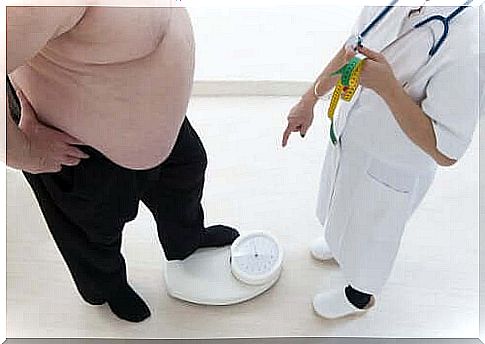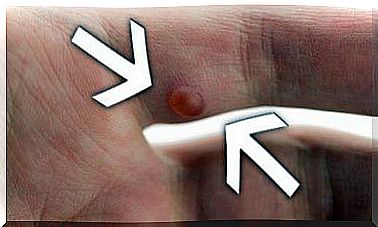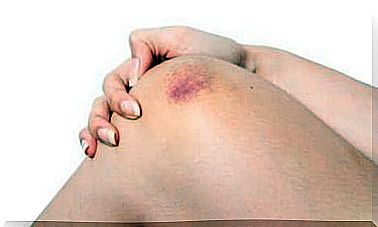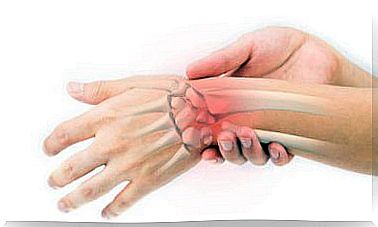About Weight Loss Drugs
Weight loss drugs are not a solution to obesity, but they support positive life changes that enable patients to stop gaining weight. However, none of these drugs have been shown to be more effective than combining proper diet with adequate exercise.

There are many myths, often confusion, and incorrect information surrounding the topic of slimming drugs . Unfortunately, some very promising remedies can be found in health food stores that are supposed to help you lose weight, but their effectiveness has usually not been tested and some of them can even be harmful to health.
Weight loss drugs are drugs! They should therefore be prescribed by a specialist who can precisely examine the overweight person in order to then choose the right therapy and, if necessary, prescribe an appropriate drug.
It should also be mentioned that weight loss medication is not a magic solution. Weight loss is a complex process that always requires different kinds of efforts. While certain medications can help, they are hardly effective unless you change your diet and exercise enough at the same time.
Weight loss medication

Weight-loss medication is never prescribed for aesthetic reasons. It is also important to note that these drugs have not been shown to be more effective than a systematic diet combined with exercise.
These drugs act on the central nervous system and inhibit complex circuits in the hypothalamus. This allows you to control feelings of hunger and satiety. So this means that they help reduce patients’ hunger.
Other drugs stimulate the metabolism and have a diuretic or laxative effect. In addition, so-called “fat burners” can be found in stores, which are available in the supermarket or in the drugstore. However, these drugs are not based on any scientific evidence about their effectiveness.
Profile of patients for whom weight loss medication is an option
Weight loss medication is not for everyone. For example, pregnant and breastfeeding women have to do without it. These drugs are also unsuitable for minors, especially not without a doctor’s prescription.
Weight loss drugs are usually used in patients who meet the following criteria:
- Diagnosed obesity (obesity): The doctor makes the diagnosis of obesity because the person concerned exceeds their normal weight by over 20 percent. This is usually the case when the body mass index (BMI) is 30 or more.
- The BMI is lower, but there is another disease: If the BMI is between 27 and 30 and there is also diabetes, sleep apnea or arterial high blood pressure, the administration of medication is indicated.
It is important to mention that drugs are by no means used as an initial treatment. However, it can be administered if the person concerned had already been on a diet for a period of three to six months and had enough exercise during this time, but was not able to lose more than 5 percent of their body weight.
In addition, the person concerned has to be very motivated and committed in order to actually achieve the weight loss goal.
Side effects of weight loss medication

Like all medicines, weight loss medications can cause unpleasant side effects, which affect each person differently. Often there are mild symptoms of diarrhea, constipation and / or nausea, which go away over time.
Some drugs (such as phentermine, benzphetamine, diethylpropion and phendimetrazine) can also cause sleep disorders, nervousness and restlessness. It can also cause headaches and high blood pressure.
Only rarely have other side effects been reported, such as:
- Yellowing of the eyes and / or skin
- Dark colored urine
- Pale stool
- Itching of the skin
- stomach pain
- Loss of appetite
Precautions and Other Factors
Some weight loss drugs are sold in drugstores and are widely advertised, but are not safe. Because they have not been tested in scientific studies. This is also the case with over-the-counter drugs.
Some of these products, especially those that contain ephedra, ephedrine or caffeine, have been linked to certain diseases, for example: convulsions, heart attack, stroke and sudden death. So it is always important to consult a doctor before deciding whether to take any medication.
Prescribed weight-loss drugs lose their effectiveness as soon as you stop taking them. It is therefore essential to maintain a healthy and balanced diet over the long term and to change your lifestyle accordingly. Otherwise, the risk of weight gain after stopping the weight loss medication is very high.









